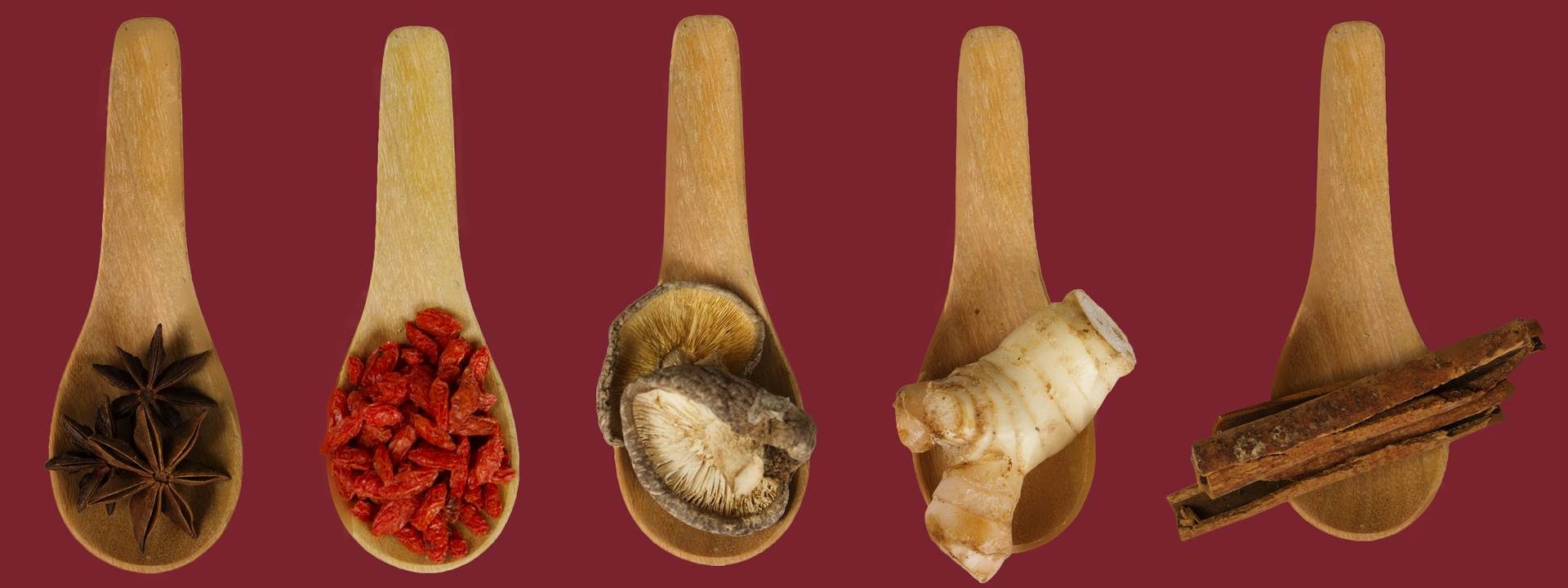Tickling your Tastebuds
Our sense of taste was always thought to be a somewhat stable thing.
Once your palette has matured, eating a tomato on a Monday should taste the same as eating it any other day of the week, right? Well, according to a groundbreaking piece of research last year by psychologist Charles Spence, our sense of taste can in fact be influenced by other factors, like listening to different types of music while we eat. This discovery could have a big impact on food brands, who could now strive to maximise the tastiness of their products by matching them to different eating environments.

Some brands have already started creating food and drink which is designed to be consumed in a certain way to make sure it’s enjoyed at its tastiest.
The airline Cathay Pacific noted that our palettes and perceptions of taste change at altitude. Strong flavours become muted (the reason food on planes is often so salty), as well as other sensations like fizz becoming dulled.
Cathay Pacific created their own beer in response to this, designed to be drunk in-flight, which has a fizzier flavour profile to account for the changes that happen to our taste buds.
When we see a familiar food, it sets up an expectation in our brains of what that food’s going to taste like.
Other brands have innovated products designed specifically to mess with our sense of taste. Mberry is a brand of taste-bending tablets made from the miracle berry fruit, which has the unique effect of temporarily binding to our taste receptors to transform the taste of sour foods into sweet ones. Lemons take on the taste of sherbert lemon, vinegar tastes like honey, and cheese tastes like cheesecake. Fans of the tablets have taken to throwing ‘flavour tripping’ parties where guests experiment with the new taste sensations created by the tablets.
Overall, brands who incorporate this understanding of our sense of taste could have the upper hand in the way they innovate, design products, and consider the environments their products are enjoyed in. Non-food brands too can consider the perfect flavours to pair with their brand experiences.
..if that all sounds like something you want to sink your teeth into, be sure to come along to our Curious talk next week at 9am on Thursday 8th November.
We hope to see you there!


